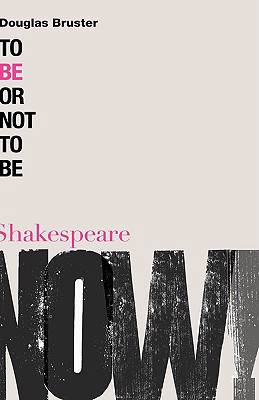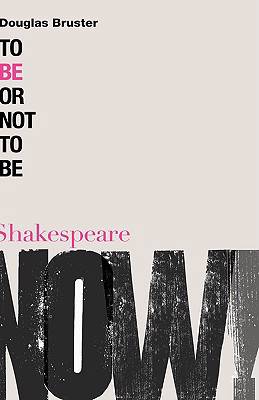
- Afhalen na 1 uur in een winkel met voorraad
- Gratis thuislevering in België vanaf € 30
- Ruim aanbod met 7 miljoen producten
- Afhalen na 1 uur in een winkel met voorraad
- Gratis thuislevering in België vanaf € 30
- Ruim aanbod met 7 miljoen producten
Zoeken
€ 93,45
+ 186 punten
Uitvoering
Omschrijving
Hamlet's 'To be or not to be' soliloquy is quoted more often than any other passage in Shakespeare. It is arguably the most famous speech in the Western world - though few of us can remember much about it. This book carefully unpacks the individual words, phrases and sentences of Hamlet's solioquy uin order to reveal how and why it has achieved its remarkable hold on our culture. Hamlet's speech asks us to ask some of the most serious questions there are regarding knowledge and existence. In it, Shakespeare also expands the limits of the English language. Douglas Bruster therefore reads Hamlet's famous speech in 'slow motion' to highlight its material, philosophical and cultural meaning and its resonance for generations of actors, playgoers and readers. Douglas Bruster is Professor of English at The University of Texas at Austin, USA. He is the author of Drama and the Market in the Age of Shakespeare; Quoting Shakespeare; Shakespeare and the Question of Culture; and, with Robert Weimann, Prologues to Shakespeare's Theatre.
Specificaties
Betrokkenen
- Auteur(s):
- Uitgeverij:
Inhoud
- Aantal bladzijden:
- 128
- Taal:
- Engels
- Reeks:
Eigenschappen
- Productcode (EAN):
- 9780826489975
- Verschijningsdatum:
- 23/03/2007
- Uitvoering:
- Hardcover
- Formaat:
- Genaaid
- Afmetingen:
- 134 mm x 205 mm
- Gewicht:
- 235 g

Alleen bij Standaard Boekhandel
+ 186 punten op je klantenkaart van Standaard Boekhandel
Beoordelingen
We publiceren alleen reviews die voldoen aan de voorwaarden voor reviews. Bekijk onze voorwaarden voor reviews.








